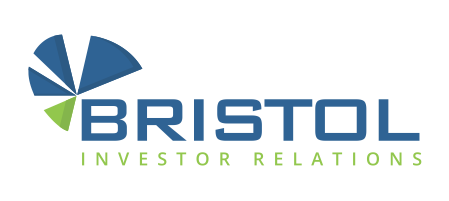A Changing Corporate Objective
A Changing Corporate Objective

Recently, an increasing number of industry leaders have proposed a new consideration as to why a corporation exists and what its main goal should be. Previously, corporations were run according to the age-old notion that they function first and foremost to serve and maximize their profits to their shareholders. Milton Friedman, an American economist held this view that corporations were based on the thinking that criticized social responsibility as “unwitting puppets” of intellectual forces that have been undermining the basis of a free society. Corporations embraced this view about maximizing shareholder value for decades. However, starting with the Business Rountable’s statement on the purpose of a corporation, attitudes have begun to shift. The Roundtable’s statement has broadened the focus of an organization from exclusive concentration on the financial profits of shareholders to an extension to other stakeholders: their employees, supply chains and the global environment.
The Business Roundtable, a group of CEOs of nearly 200 major US corporations, issued a statement in 2019 proposing a new “purpose of a corporation” in direct contrast to Friedman’s thinking.
On a high level, these new considerations include the following:
- Investment in their employees
- Delivering value to customers
- Dealing fairly and ethically with suppliers
- Supporting the communities in which they work
- Generating long term value for shareholders and a commitment to transparency and effective engagement with shareholders
Jamie Dimon, CEO of JP Morgan Chase, has voiced his agreement behind this new definition of a corporation and fully supports companies investing in their workers and communities because he knows it’s the only way to be successful in the long term. Larry Fink, Chairman and CEO of BlackRock, in his 2018 annual letter to shareholders first wrote about this subject. In 2019, he went further to discuss this idea saying, “Purpose is not a mere tagline or marketing campaign; it is a company’s fundamental reason for being – what it does every day to create value for its stakeholders. Purpose is not the sole pursuit of profits but the animating force for achieving them. Profits are in no way inconsistent with purpose – in fact, profits and purpose are inextricably linked. Profits are essential if a company is to effectively serve all of its stakeholders over time – not only shareholders, but also employees, customers, and communities.”
With the investor relations spotlight firmly on ESG, this aligns well with the redefining of a corporation’s main purpose. We have witnessed many alarming occurrences in corporate history and the news cycle in recent times – from the Facebook Cambridge Analytica scandal, the We Work/ Softbank governance failures, the 2019 USA impeachment hearings, the Uber and Google sexual harassment and assault accusations – and many more.
With fundamental economic changes and failure of some governments to provide lasting solutions, perhaps this has forced people to increasingly look to companies on broader social and economic issues such as environmental safety, gender and racial equality, diversity, inclusion, dignity, respect and fair and ethical dealings. Could it be that the conscience of the Street is at the forefront driving these changes in corporations? Are executives seeing the “inextricable link” between purpose and profit as well as the power of doing the “right thing?”
This changing mindset is important due to two main factors. The first being the “inherent social good” in giving increased attention to these stakeholders. The second is the fact that research on the topic of maximizing shareholder value can increase the likelihood that people are willing to engage in unethical behaviour which ultimately leads to erosion of shareholder value anyway.
It is interesting to see certain corporations taking the lead where other corporations and some governments have failed or are unwilling to step up. It will be telling to see which corporations – public to private, small cap to mega cap, embrace and champion this new standard that the Business Roundtable has tackled head on which outlines a modern standard for corporate responsibility. Time will tell if this new thinking is indeed the best way to increase shareholder value and to stop focusing on shareholder value in of itself.
Sources:
CNBC
IR Magazine
Business Roundtable
Washington Post
Forbes
